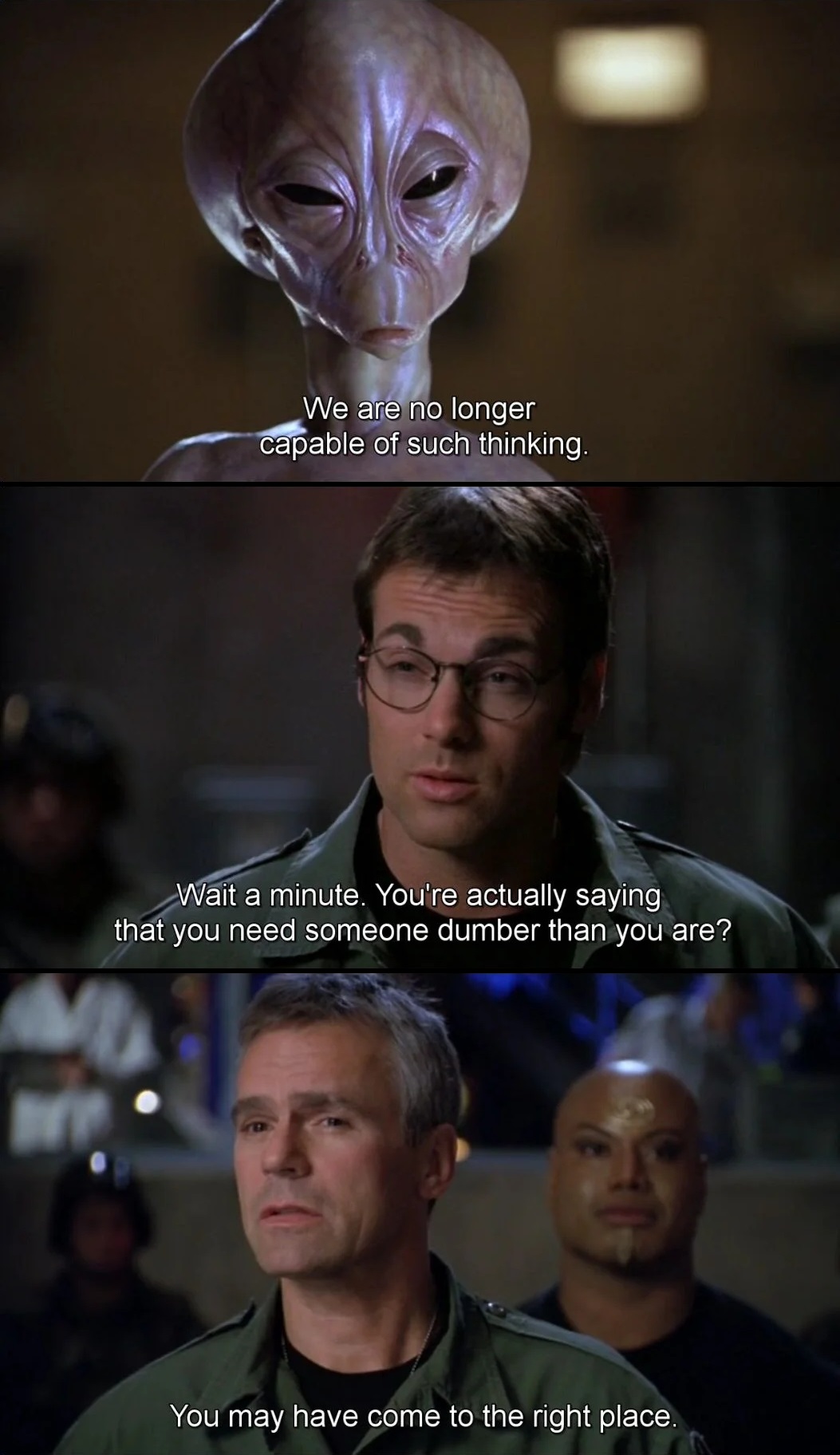Not to be confused with a pantheon,
pantheism is the belief that divinity isn't separate from creation and, to state it another way, all of existence itself, cosmos, has consciousness. It is a philosophy, not a religion, and therefore it is possible to be pantheistic and both religious and non-religious. Currently, belief in pantheism means to ascribe to the philosophy permeating most modern esoterism that in the beginning, before time there was void, and void formed itself into existence simultaneously with the
first sound/vibration or "thought" as some call it. It asserts that to exist outside of existence by definition is impossible, so it follows that divinity is all things, the light, the darkness, life, the sacred and the worthless alike, and even all the things that you would doctrinally consider evil, as opposed to some entity floating around apart from or within yet separate from the cosmos. Alternatively stated, divinity can be cipher of nothing.
Consequently, whether or not one believes in the quiddity called "God," the subject in question is the cosmos and therefore the same thing, though specifically with the postulation here being existence itself having consciousness we fail to understand. Counter to the argument is a quote by Christopher Hitchens, "That which can be asserted without evidence, can be dismissed without evidence." This irrefutable statement challenges the entire argument, yet at the same time cannot discredit the notion with any known observation. Herein lies the doxastic basis for understanding how a thing would exist, and thus the hypothesis should be entertained until proven either way.
One view leading here is that organic life forms are conscious, and also confined to the rules of physics, acting in a sense as electrochemomechanical entities. Smaller and smaller components can be considered as conscious in some form. Although countless particles behave in a predictable way, they act nonetheless, a result of consciousness. They are partitions of space and function throughout time, so then all things and spacetime itself can be viewed as conscious. While this is a weak argument, it is one that leads to the concept of divinity uncontaminated by religious contortion. Furthermore, it is worth noting that some people, namely sociopaths, only view people as machines, so the authenticity of the concept of consciousness existing at all has been questioned on a fundamental level. In response and with the said philosophy, it can be argued that either all things as a whole either are or are not conscious. This appertains to all computers from even the simplest calculator to the most sophisticated artificial intelligence.
How one chooses to look at it is only a further reach of existence, so for example, assenting to either polar extreme of esoterism or modern nihilism compares to viewing two sides of the same coin, much in the same way voting left or right wing is for the same bird. Although in this matter, accepting a unique view would facilitate some form of conscious evolution while still living in our current state of being. The user Red Monaca on another site addresses a precursor to this in discussing what our senses and technology cannot perceive
here, stating that "perspective is a horizon" and arguing that anything outside of it is essentially unknowable. We must push the horizon farther out on both a social and personal level in the same way we explored and discovered new continents before electricity.
All things have a beginning where all was one, an infinitesimal point in space and time observable only in the inception of time. The change in the size of our universe is merely discernible, and appears to expand in a reference frame only perceivable from "inside of it." This statement neither favors nor strays from the claim that all things are still connected. Notwithstanding the limitation, if the universe were truly apart from itself, then the laws of physics would vary depending on location, a phenomenon yet observed. While secluded in a corner of spacetime with the inability to see far away objects much more closely, only the current understanding is surmisable that the same physics apply everywhere until proven otherwise. In reverberation, this allows for the assertion of the thesis stating that all things are connected. Expansion happens with matter and thought only in interaction while still being tied to their supersets, i.e. space and mind, subsequently forming apparent partitions of a whole, since
infinitesimal fundamentally cannot be divided.
Ironically, this has led to arguments that the divine is alone and existence always remains on the edge of non-existence. The former would imply that lifeforms only exist as the divine's imaginary friends, similar to a dissociated configuration of solipsism. This has been discredited as an incoherent philosophy, starting with assuming the conclusion as true without investigation into its veracity. The latter would mean the denial of the spacetime manifold as something, which we know exists because we have
observed the movement of space itself.
Some argue specifically that everything is as the divine envisioned it, which would mean that all of reality, inclusive of the future, exists within the divine mind, as opposed to being the divine mind itself. Furthermore to this reasoning, this version of dualism has led to the modern belief that the spirit behind creation is the love for existence, leading to its creation. However, the assertion that existence is an experiment for the mind to learn both questions the former and can complement the latter. If everything is in perfect harmony with a supreme vision and the strings are being pulled in GodMode, then every action is pointless and nothing is learned. In other words, if fate is already written, then anything anyone does is neither their own responsibility, nor meaningful to their own experience, inclusive of cosmic consciousness.
Trying to understand a cosmic consciousness, our sub-planetary sized minds will open doors for
logical fallacies when taking into account our low elevation for such thought. For example in honor of fellow nerds, when calculating an orthogonal value in 2D vector spaces, the vector product is inaccessible since it only functions in 3 and 7 dimensions. The logic is there, but we cannot use it because those dimensions are outside the field in question, and therefore the logic might as well not exist to us. On our current level of reality, with our inability to answer questions as simple as whether or not certain particles even exist, we could not currently hope to understand cosmic consciousness or divinity in its entirety, if it exists. So it appears that with our limited capabilities, expanding our horizons with logical and obersvational trial and error in search for it will be the only plausible course of action to acheive a higher field of vision for divine nature, one that will only lead us through a slow stair step process. Which leads us into the subject of faith.
Return to top







 None of these are valid reasons for believing in the supreme being, however none of them are valid points as anti-divinity arguments either, since they point to the faults of ignorant people and not the pro-divinity argument. Unfortunately for everyone else, the symptoms of these points are witch hunts, book burning/banning, crusades, and people like
None of these are valid reasons for believing in the supreme being, however none of them are valid points as anti-divinity arguments either, since they point to the faults of ignorant people and not the pro-divinity argument. Unfortunately for everyone else, the symptoms of these points are witch hunts, book burning/banning, crusades, and people like 
